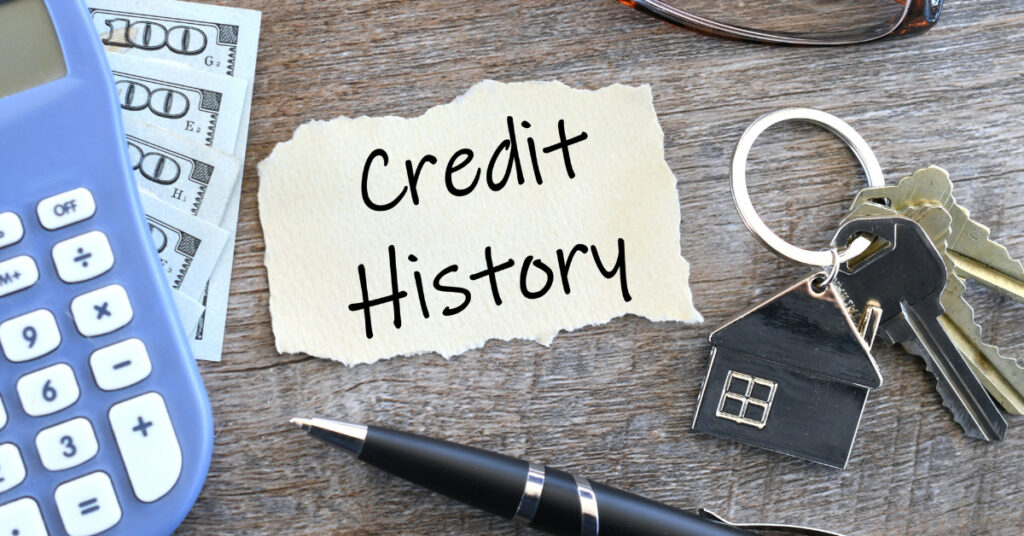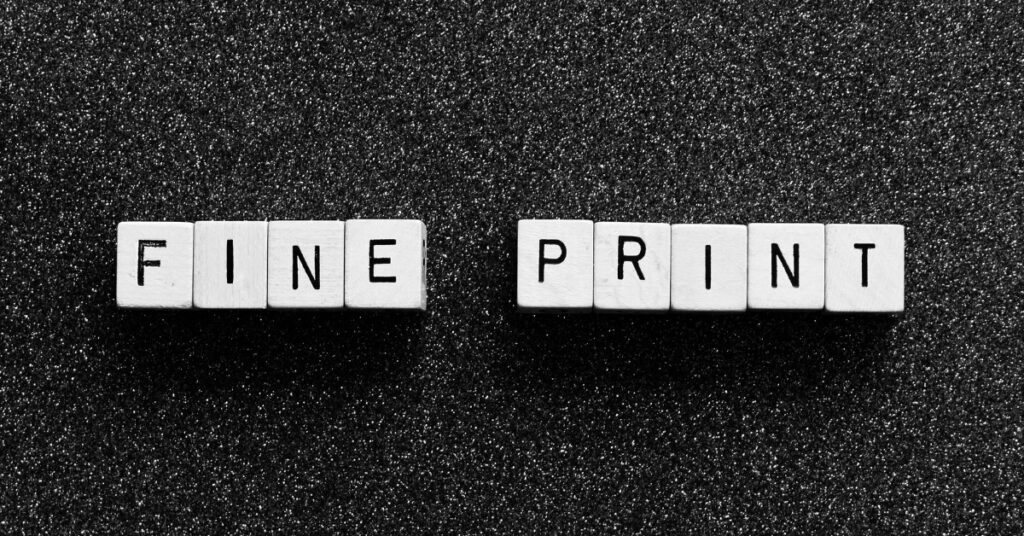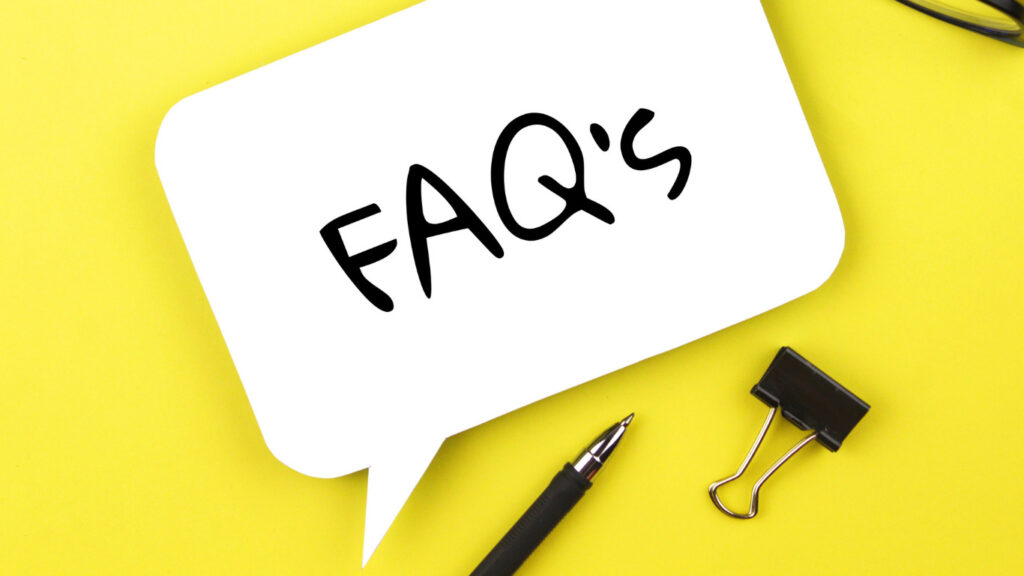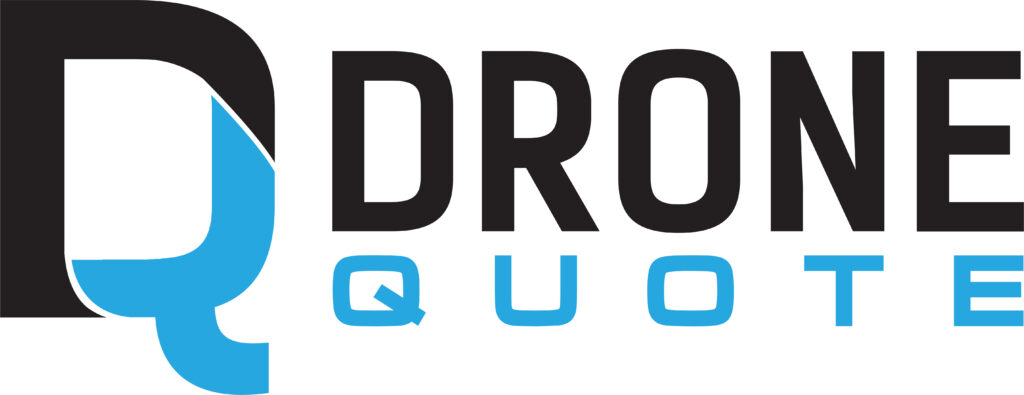Solar power is a sustainable and environmentally friendly energy source that can significantly save electric bills. Investing in solar panels for your property is becoming more accessible thanks to various financing options, including solar loans.
This comprehensive guide will help you choose the perfect solar loan tailored to your needs while maximizing the benefits of going green. Read on as we navigate through understanding solar loans. Including their advantages, vital factors to consider when choosing one, and helpful tips for securing approval. These are all designed to empower you with the knowledge needed for a smooth transition into harnessing renewable energy at home.
Understanding Solar Loans
Solar loans allow homeowners to purchase and install solar panel systems without any upfront costs.
Definition And Functionality Of Solar Loans
Solar loans are a specialized form of financing designed to help homeowners invest in solar power systems. These loans enable individuals to purchase and install solar panels on their property. Without bearing the entire upfront cost, making it easier and more affordable for them to transition toward renewable energy. Homeowners can borrow money from various lenders. Such as banks or solar companies, with terms similar to a home improvement loan.
By providing this financial support, more people can access clean energy technology. Doing so reduces their reliance on fossil fuels while lowering long-term utility costs. This type of financing allows homeowners to start enjoying reduced energy bills immediately. While making fixed monthly payments over an agreed-upon term- effectively spreading out the expense over time.
Offering competitive interest rates and tailored repayment options suited for each individual borrower’s financial situation, allows the mass adoption of renewable energy solutions among residential communities nationwide. As a result, these loans empower individual households. And serve as an essential tool in working towards a greener future on a collective level.

Types Of Solar Loans
When exploring solar loans, you’ll find two primary categories: secured and unsecured. Secured loans, often backed by an asset such as your home, offer more favorable terms due to the reduced risk for lenders. On the other hand, unsecured loans are personal loans that don’t require collateral but might come with higher interest rates or stricter eligibility criteria.
The choice between these two types of solar loans largely depends on your financial situation and preferences. If you prefer a lower interest rate and longer repayment term, securing the loan against your property may be a viable option. However, if you’d rather avoid using collateral or don’t own a suitable asset to back up the loan application, an unsecured solar loan can still provide access to funds needed for your renewable energy project.
Regardless of which type of solar loan you choose, it is important to thoroughly review each lender’s options and fees before deciding. Factors like interest rates, payment terms, and pre-payment penalties should be considered while comparing various providers’ offerings. Additionally, remember that some states offer tax credits or rebates for installing solar power systems. These incentives can further boost the potential savings associated with this environmentally friendly investment option.
Benefits Of Using A Solar Loan
Solar loans offer a variety of benefits. Including reduced energy costs, increased property value, and environmental benefits that can improve your quality of life. Keep reading to learn about the factors you should consider when choosing a solar loan and how to apply for one.
Reduced Energy Costs
Switching to solar energy can significantly reduce your monthly energy costs. And a solar loan can help you do just that. With a fixed loan payment and low-interest rates, homeowners can offset their monthly energy bills with the savings generated by solar power. This means lower recurring expenses over the life of the system.
Furthermore, purchasing a solar system through a loan program may offer more significant savings than leasing or using Power Purchase Agreements (PPAs). By financing your equipment rather than paying for an agreement provided by another entity, you’ll typically gain more control over the cost of electricity production in the long run.
Additionally, since most loans have set interest rates and terms at reduced prices compared to leases or PPAs, homeowners get predictable payments, resulting in long-term savings on their overall financial positioning.
Increased Property Value
One of the most significant benefits of using a solar loan is that it can increase the value of your property. By installing solar panels, you are not only generating clean energy but also making an investment in your home’s future. According to research by Zillow, homes with solar systems sold for 4.1% more on average than comparable homes without solar power in 2019. This means that by installing solar panels and opting for a solar loan, you could see a return on your investment in increased property value. Moreover, having a lower monthly electricity bill due to reduced energy costs from your solar system can make your home more attractive to potential buyers.
Homebuyers today are increasingly looking for eco-friendly features and sustainable solutions when searching for their dream homes. With the rising demand for renewable energy sources worldwide, adding an efficient and effective source like a rooftop photovoltaic (PV) array would attract prospective homeowners. Especially if it was already paid off via a prior owner’s or seller’s upfront purchase payments supported by affordable finance options.

Environmental Benefits
Installing a solar system can have a significant impact on the environment. By using energy from the sun rather than traditional fossil fuels, homeowners can reduce their carbon footprint and help combat climate change. According to research, switching to solar power can reduce greenhouse gas emissions by up to 80% in an average home. This means that installing solar panels helps save money and has long-term environmental benefits.
Moreover, incorporating renewable energy into one’s lifestyle reduces dependence on non-renewable sources like coal and oil, which are finite resources, unlike abundant and inexhaustible sunlight. Reducing pollution caused by traditional energy sources also improves air quality, benefiting public health and the environment.
Therefore choosing a solar loan over other financing options presents opportunities for homeowners looking to make stronger commitments toward sustainability while saving money in the long run.
Factors To Consider When Choosing A Solar Loan
When choosing a solar loan, it is important to consider factors such as interest rates and fees, loan terms and payments, credit score and financial history, eligibility and requirements, and monthly and future energy savings. Read on to discover how these factors can impact your decision.
Interest Rates And Fees
The interest rate and associated fees are essential when choosing a solar loan. Interest rates for solar loans can vary significantly from 4% to as high as around 36%, depending on the lender and creditworthiness of the borrower. A lower interest rate means lower monthly payments and reduced total costs over time.
In addition to interest rates, standard fees for solar loans include origination fees or dealer fees that cover the cost of administering the loan and associated risks. Understanding all applicable fees before signing a contract with a lender is essential. Potential borrowers should compare different lenders’ offerings to find competitive interest rates and reasonable fees that align with their financial goals.
Loan Term And Payments
The loan term refers to your time to pay off your solar loan. Typically, solar loans can range from five to twenty years. The longer the period, the lower your monthly payments will be, but you’ll pay more interest over time. Choosing a term that balances manageable monthly payments while minimizing total interest paid is important.
Additionally, understanding how payments are calculated is crucial when choosing a solar loan. A fixed-interest rate means that your monthly payment stays the same for the life of the loan. Which makes budgeting easier and offers protection against rising interest rates. Some loans also offer flexible payment options. Such as skipping or deferring payments during certain times of the year or offering biweekly instead of monthly payments. By carefully considering both loan terms and payment calculations when selecting a solar lender, you can make sure your financing plan aligns with your financial goals and long-term energy savings objectives.
Credit Score And Financial History
Your credit score and financial history are significant factors lenders consider when evaluating your eligibility for a solar loan. A good credit score increases your chances of getting approved, while a poor one can lead to higher interest rates or rejection. It’s important to note that the minimum credit score requirements may vary depending on the lender, but generally, scores above 640 are considered favorable.
Apart from your credit score, lenders will also evaluate your financial history to determine whether you have any negative marks, such as foreclosures or bankruptcies. In addition, they’ll look at your income and employment status to ensure you have sufficient funds to make timely payments on the loan. You’ll likely qualify for better terms and lower interest rates with a solid financial record and consistent income.

Eligibility And Requirements
Before applying for a solar loan, it is important to consider the eligibility requirements set by the lender. One of the most significant factors lenders look at is an applicant’s credit score and financial history. Most lenders require a minimum credit score of 600 to 700, while others may require higher scores. Another essential factor that applicants must meet is having steady employment or income source.
Apart from these basic qualifications, some solar loan providers may have specific requirements, such as being an owner-occupant, living in a single-family home, or installing only approved equipment. Reviewing these prerequisites before submitting an application is crucial, as this can affect your eligibility and approval chances. Additionally, many solar loans are only available in specific states or regions with varying incentives and guidelines; hence borrowers should check their state’s regulations before applying for any loans.
By understanding the different eligibility and requirement conditions set by lenders, borrowers can prepare themselves adequately before applying for a solar loan. Doing so will help them identify what areas they need to improve on and increase their chances of getting approval with favorable interest rates and terms tailored toward their budgetary needs.
Monthly Savings And Future Energy Savings
One of the primary benefits of choosing a solar loan to finance your solar project is the potential for significant monthly savings on your energy bill. With a lower interest rate than traditional financing options and often longer repayment terms, homeowners can see immediate reductions in their monthly bills. Additionally, as energy prices continue to rise over time, these savings can compound into substantial future cost savings.
Solar loans offer long-term future energy savings along with immediate monthly savings. Homeowners who choose solar loans will likely enjoy significantly reduced or even eliminated electricity costs over the system’s life. And with renewable energy becoming increasingly prevalent and affordable, this trend is only expected to continue. Choosing a solar loan helps reduce environmental impact and makes financial sense by reducing reliance on non-renewable resources while saving money in the long run.

Comparison Of Solar Loan Providers
Compare solar loan providers’ features and customer satisfaction to find the best option. Read on for a comprehensive breakdown of top providers and their benefits.
Top Solar Loan Providers And Their Features
Several top solar loan providers have features that may appeal to various borrowers. Some popular lenders include Mosaic, SunPower, and Dividend Finance. Mosaic offers loans with a fixed interest rate between 2.49% – 35.99%, flexible loan terms of up to 20 years, and pre-payment penalties waived after six months.
SunPower provides solar panel installation services as well as lending products. The company offers low APRs starting at just under 3 percent for qualified borrowers on loan amounts ranging from $5,000 to $100,000 over terms ranging from five to twenty-five years. Dividend Finance is known for its fast approval process and no origination fees or pre-payment penalties. It also provides customers various payment options such as ACH payments, checks payments, and online bill payment methods, all offering flexibility in paying off personal loans tailored towards financing solar energy projects.
Customer Satisfaction And Reviews
When choosing a solar loan provider, customer satisfaction and reviews are critical. Reading customer reviews can provide insights into the level of service, support, and overall experience with a particular lender. Choosing a reputable lender with high customer satisfaction ratings can help ensure your solar project is in good hands.
According to NerdWallet‘s research for best solar loans for 2022, LoanPal received the highest score for customer satisfaction among other providers. LoanPal has been recognized by over 25 industry awards from organizations such as Forbes, Inc. and Deloitte. Consider researching different lenders’ ratings and feedback from previous customers to decide which provider will best suit your needs.

How To Apply For A Solar Loan
To apply for a solar loan, you must prepare the required documents and information, such as your credit score, financial history, and property and energy usage details. You can start the application process, which could take up to a few weeks, depending on the provider’s processing time.
Required Documentation And Information
When applying for a solar loan, lenders typically require specific documentation and information to verify your identity, income, credit score, and eligibility for the loan. Some required documents may include recent pay stubs or tax returns, identification proof such as a driver’s license or passport, and proof of residence like utility bills or lease agreement copies. In addition, some lenders may also ask for detailed information about the solar panel’s installation project and contractor.
It is important to have all necessary documentation ready before starting the application process to ensure the timely approval of your solar loan. This information will help you complete loan applications quickly and avoid delays in obtaining financing. Additionally, ensuring that your paperwork accurately represents your financial history can improve your chances of getting approved for better interest rates and more favorable terms from lenders offering solar loans.
Application Process And Timeline
The application process for a solar loan typically involves initiating an application through the chosen contractor and receiving a custom link to apply. Once the application is submitted, approval may take 24 hours to several weeks, depending on the lender’s processing time. The timeline could also be extended if additional information or documentation is requested.
Upon approval, funds are usually dispersed directly to the solar panel installer, and payments begin according to the agreed-upon terms. It is essential to note that different lenders have varying timelines and procedures, which can affect the overall duration of obtaining a loan. Therefore it’s best practice to shop around for lenders with fast processing times while maintaining low-interest rates and fees.
Tips And Tricks For Getting Approved For A Solar Loan
Improve your chances of getting approved for a solar loan by following these tips and tricks, such as choosing a reputable provider, evaluating your budget, and considering energy efficiency measures. Learn more about securing financing for your solar project in the sections below.
Improve Your Credit Score
Improving your credit score is critical when applying for solar loans since it can significantly influence the interest rates and loan terms you receive. One of the ways to improve your credit score is by making timely payments on all your bills, including credit cards, loans, mortgages, and utility bills. A consistent track record of on-time monthly payments shows that you are a reliable borrower who will make your loan payments on time.
Another way to improve your credit score is to reduce the debt you owe compared to the available credit limit. This ratio accounts for about 30% of your overall credit score. By paying down high-interest debts or consolidating several debts into one manageable payment, you can lower this ratio and show lenders that you are responsible for managing debt. This positive financial behavior can signal to lenders that you are more likely to repay a solar loan in full and on time, improving your chances of approval for better loan terms and interest rates.
Choose A Reputable Provider
When choosing a solar loan provider, it is important to consider their reputation. Reading reviews from previous customers can help you evaluate the quality of the provider’s services. A reputable provider will offer transparent terms and conditions, competitive interest rates, and excellent customer service.
In addition to checking online reviews, it is also helpful to research the background of potential providers. Look for companies that have been in business for several years and have a proven track record of successfully financing solar projects. You can also ask for referrals from friends or family who have had experience with solar loans. By doing your due diligence and selecting a trustworthy provider, you can ensure that your investment in renewable energy pays off in the long run.

Consider Co-Signer Or Guarantor
When applying for a solar loan, having someone else co-sign or act as a guarantor can increase your chances of approval. If you cannot make payments, a co-signer agrees to take responsibility for the debt. Meanwhile, a guarantor pledges to repay the loan if you default.
However, it’s important to remember that if you need a co-signer or guarantor, they will also be responsible for repaying the loan if something goes wrong. It is crucial to have an open and honest conversation with them about what this means before signing any paperwork. Ensure they understand their obligations and how they could affect their credit score.
Evaluate Your Budget
When considering a solar loan, it’s essential to evaluate your budget carefully. Review your monthly expenses and determine how much you can afford to pay each month for the loan repayment. This will help you decide on the loan term and payments that work best for you.
It’s also important to remember that installing solar panels can save you money in the long run. It would help if you considered potential energy savings when evaluating your budget. A National Renewable Energy Laboratory study found that homeowners could save between 40% to 70% over their system’s lifetime through reduced electricity bills by switching to renewables like solar power. Evaluating these savings against costs will ultimately help determine which financing option is best suited for you.
Read The Fine Print
When applying for a solar loan, you must be vigilant and thoroughly read the terms and conditions before signing any contract. The fine print contains pertinent details that may impact your payments, interest rates, fees, and overall financial obligations. Do not hesitate to ask questions or seek clarifications on unclear provisions from your lender.
In addition to reading the fine print, you should also consider other factors, such as hidden costs associated with early repayment penalties or processing fees. These charges can significantly affect your total cost of borrowing in the long run. Therefore, choosing a reputable lender who discloses all relevant information transparently and offers flexible loan options that align with your financial goals is crucial.

Choose The Right Loan Term
When choosing a solar loan, it’s important to consider the loan term and repayment schedule that best fits your budget. Shorter loan periods with higher monthly payments yield more significant savings over time. On the other hand, longer loan terms may be better suited for those who want lower monthly payments but are willing to pay more interest in the long run.
It’s also worth noting that different lenders may offer varying loan term options. Some providers provide loans with terms ranging from 5-20 years, while others allow for longer repayment periods of up to 25 years or more. Ultimately, the right loan term will depend on individual circumstances such as income, credit score, and overall financial goals.
Considering all these factors is crucial in choosing the right solar loan term that would work best for you and save you substantial money over time. By carefully evaluating your current financial situation and exploring options offered by various lenders, you can discover a plan to help make your solar panel project accessible without adding further stress or burden on your finances.
Consider Energy Efficiency Measures
When choosing a solar loan, it’s important to consider your home’s energy efficiency. Implementing simple measures such as sealing air leaks and upgrading insulation can reduce the energy needed to power your home. This maximizes the benefits of your solar panels and lowers your overall electricity bill.
In addition to reducing energy consumption, installing efficient appliances and lighting can also help you save money in the long run. Choosing ENERGY STAR-certified products ensures they meet strict energy efficiency guidelines set by the U.S. Environmental Protection Agency (EPA). This translates into lower operating costs and reduced environmental impact over time, making it a great investment for homeowners looking to go green with their new solar system.
Other Financing Options For Solar Projects
Aside from solar loans, other financing options are available for those looking to invest in solar panel systems, such as leases or power purchase agreements (PPAs), home equity loans, or lines of credit. Keep reading to learn more about how to finance your solar project and find the best option.
Lease Or Power Purchase Agreement (PPA)
Lease and Power Purchase Agreements (PPA) are two common financing options for solar projects. With a PPA, a developer arranges for a solar system’s design, permitting, financing, and installation. At the same time, the consumer agrees to purchase the electricity generated by the system at a fixed rate over time. This allows consumers to enjoy immediate savings on their energy bills without buying or installing the equipment themselves.
On the other hand, with a solar lease option, homeowners don’t have to pay upfront costs for installing solar panels. Instead, they agree to rent them from third-party owners that cover all maintenance expenses. Monthly payments remain fixed during the contract period, usually 15-20 years.
However, it is important to note that both leasing and PPAs may have locking contracts which means you might only be able to sell your property once they expire or find someone who would take over your contract in case you want out early.
Home Equity Loan Or Line Of Credit
A home equity loan or line of credit is another option for your solar project. This type of loan allows you to borrow against the equity in your house. Which means the amount you owe on your mortgage is subtracted from the current value of your property. With a home equity loan, you receive a lump sum that you pay back with interest over time. While a line of credit enables you to withdraw money as needed up to a set limit.
Home equity loans and lines of credit generally have lower interest rates than unsecured personal loans or credit cards since they are secured by the value of your home. However, keep in mind that defaulting on payments could result in foreclosure since these types of loans use your house as collateral. Before choosing this financing option, evaluate if installing solar panels will add enough value to make it worth borrowing against the equity in your home.

Risks And Considerations
Before getting a solar loan, it is important to consider the potential risks and considerations. Such as default or foreclosure if you fail to make payments, changes in government incentives, and changes in energy usage or property ownership that could affect your ability to use or sell your solar panel system.
Default And Foreclosure
When taking out a solar loan, there is always the risk of default and foreclosure. Default happens when you cannot pay your loan. While foreclosure occurs when the lender takes possession of your property as collateral for their unpaid debt. Both situations can be financially devastating and damaging to your credit score. It is crucial to check with your chosen lender about their process in case of a missed payment.
It’s also important to know that your solar panels may impact the chances of default or foreclosure. According to recent studies, homeowners who invest in energy-efficient upgrades like solar panels are more likely to pay their mortgage on time and less likely to experience foreclosure than those who don’t take any measures toward energy efficiency. Adding solar panels could improve creditworthiness and decrease financial risks associated with home ownership.
Changes In Government Incentives
Changes in government incentives can have a significant impact on solar financing options. For instance, state and federal tax incentives for solar installations are often subject to changes. Which could affect the perceived value of using a solar loan. This fact highlights the need for homeowners to carefully consider all associated risks and factors before choosing a solar loan.
Changing government incentives may also affect low-income individuals as they may only qualify for certain tax credits if they fall within specific tax burden criteria. In such cases, exploring other financing options is important, such as leases or power purchase agreements (PPAs). By examining all available options and understanding how changes in government incentives could impact those choices, homeowners can make informed decisions about whether or not to pursue funding their solar projects through loans with adjustable rates.
Changes In Energy Usage Or Property Ownership
Changes in energy usage or property ownership can impact the value of a solar system and its financing. If the homeowner’s electricity needs increase, they may need to add more panels to their existing solar setup, which can be costly. On the other hand, if homeowners reduce their energy consumption significantly, their systems may generate more power than they use, resulting in utility company credits on their accounts.
Moreover, changes in property ownership, such as selling or refinancing your home affect your solar loan. Potential buyers must qualify for credit approval, like when you applied for financing. Before selling your house with a solar panel installed using a loan, you should pay off the remaining balance first because transferability is limited. Conversely, refinancing or getting an additional mortgage on a newly acquired property could lead to complications that require lenders’ permission before making any changes affecting the secured asset held against it—the solar panels paid by pre-existing loans designed explicitly for eco-friendly upgrades such as PACE program loans.

FAQs:
1. What should I look for when choosing a solar loan?
When choosing a solar loan, you should consider the interest rates and fees associated with the loan. Also the repayment term length, any incentives or rebates offered by your state or utility company, and whether or not the lender is reputable.
2. Do I need to meet specific qualifications to be eligible for a solar loan?
Lenders usually require borrowers to have good credit; some may also require proof of income. However, some lenders offer loans specifically designed for those with lower credit scores or limited income.
3. How much can I borrow through a solar loan?
This will depend on several factors, including your credit score, income level, and the cost of installing your solar system. Most lenders offer loans ranging from $1,000-$100,000, but some may offer more depending on individual circumstances.
4. Can I use my solar loan for other home improvements besides installing solar panels?
Some lenders may allow you to add home improvement projects onto your solar loan. As long as they’re related to energy efficiency upgrades such as insulation installation or upgrading windows/doors that help reduce overall energy usage in your home. Be sure to check with each lender before applying, though.
Conclusion And Resources For Further Reading
In conclusion, a solar loan can be an excellent investment for your home and the environment. With reduced energy costs, increased property value, and environmental benefits, it’s no wonder why more people are choosing to finance their solar panel systems. However, before committing to any loan, it’s essential to weigh up the pros and cons of each option carefully. By considering factors such as interest rates, fees, credit score requirements, and monthly savings potential, you can decide which loan is best suited for your needs.
Thankfully, many excellent online resources provide additional guidance on solar loans. Whether you want to research different providers or learn about other financing options like leases or power purchase agreements (PPAs), plenty of information exists to help guide your decision-making process.

DroneQuote as your solar partner
At DroneQuote, we believe that everyone deserves access to affordable and sustainable energy. We are committed to providing our clients with top-quality solar panel installations at fair and transparent prices, under a solar loan or not.
With our state-of-the-art drone technology, we can accurately measure your roof. And provide you with a comprehensive quote. Our experienced team of professionals will guide you through the process from start to finish, ensuring that you get the best products and warranties available. As your solar fiduciary, we will work tirelessly to ensure your solar investment succeeds. So choose DroneQuote as your trusted partner in sustainable energy and start saving money on your energy bills today.
